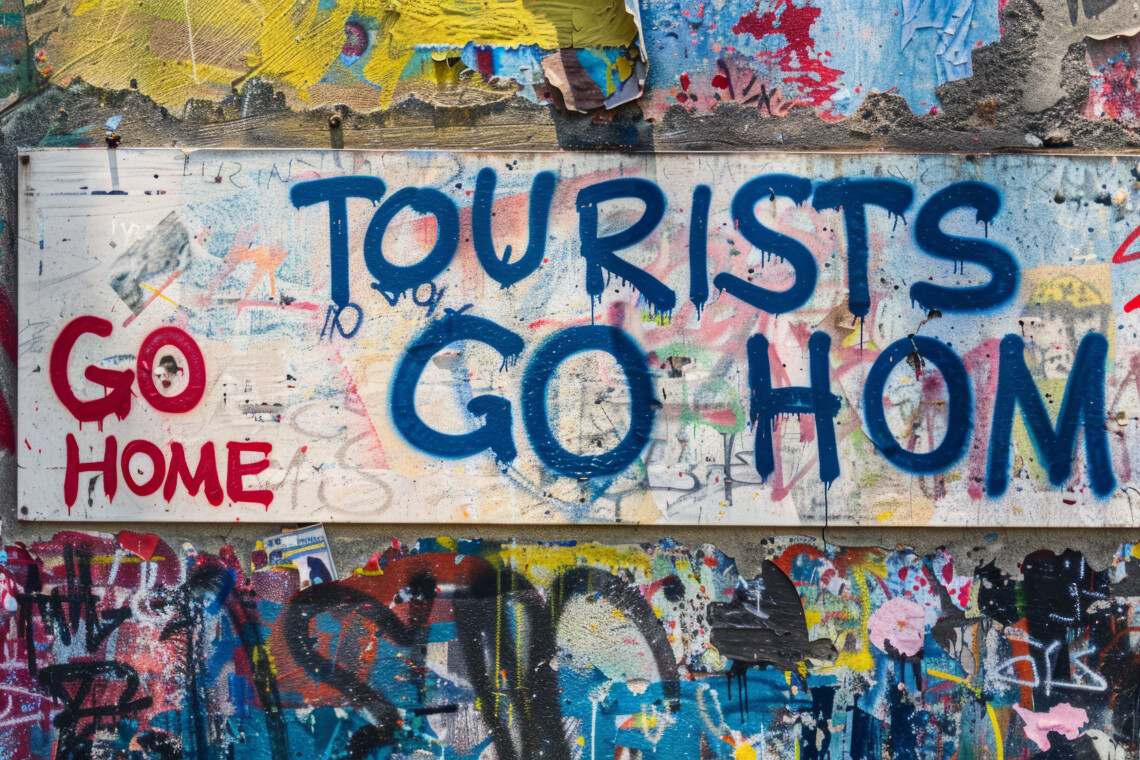A Closer Look at Tourism Revenue: How Spain’s Economy Flourishes from Foreign Visits
Spain, renowned for its vibrant culture, stunning landscapes, and rich history, stands as one of the most popular tourist destinations in the... Read More

In recent years, the narrative surrounding tourism in Barcelona has shifted from cautious regulation to something far more aggressive: an open war against short-term rentals and, by extension, the very travelers who sustain a large part of the city’s economy.
While every city has the right to control urban development and housing access, the increasingly punitive and restrictive measures taken by the Barcelona City Council suggest not a strategy, but a crusade. A crusade that unfairly targets responsible property owners, international visitors, and agencies offering high-end, legal, and well-managed accommodations.
Barcelona once led the way in balancing tourism and local life. However, since 2020, policies have become drastically more rigid:
This is not governance. This is intimidation.
What gets lost in the anti-tourism rhetoric is that not all rentals are illegal, noisy, or speculative. Many hosts:
Likewise, high-end travelers coming to Barcelona are not disruptive. They dine in Michelin-starred restaurants, shop in boutiques, attend cultural events, and stay in discreet, well-maintained homes. Chasing them away makes no economic or social sense.
The city’s aggressive stance curiously benefits large hotel chains, which are often the loudest lobbyists against short-term rentals. Why is it acceptable for a hotel to have 200 rooms but unacceptable for a local to rent out a legally registered apartment with a noise monitoring system and 24/7 support?
It appears the issue is not tourism itself, but who controls it.
Most hosts are not foreign investors with dozens of flats. They are local families, entrepreneurs, or retirees who rent one or two properties as part of their livelihood. The constant threat of inspections, license revocations, or sudden legal changes is pushing these people out of the market.
Meanwhile, the same City Hall turns a blind eye to illegal sublets, squatting mafias, and speculative real estate funds.
Barcelona risks losing the very identity it markets abroad: openness, culture, and cosmopolitanism. Tourists are not the enemy. Poorly managed mass tourism is—and that’s a distinction the government refuses to acknowledge.
If the city continues down this path, it may protect a few residential blocks, but it will also:
Barcelona deserves regulation. But it also deserves fairness, proportionality, and respect for its own people and visitors.
Tourism is not a virus. It’s one of the lifelines of this city’s economy and culture. It must be managed with intelligence, not hostility.
The current wave of repression is not sustainable. It punishes the good actors and empowers the bad. It weakens the middle class and rewards the corporate giants. It erodes trust, opportunity, and the city’s global appeal.
It’s time to stop criminalizing tourism, and start building a smarter, more balanced future.